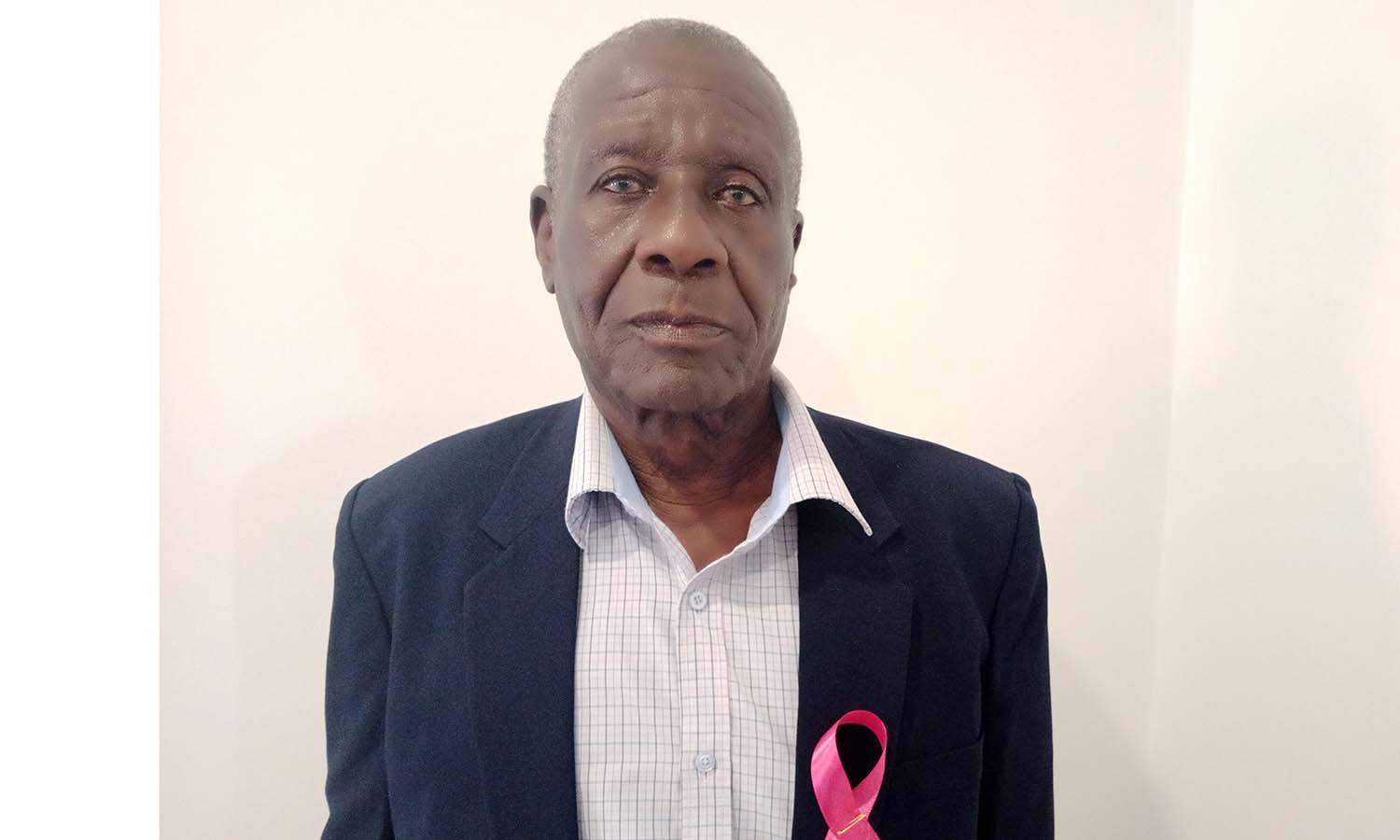
Minister of State for Older Persons, Dominic Mafwabi Gidudu addresses Parliament on Wednesday. PHOTO/COURTESY
The government is planning to introduce a law that will ensure young people respect and take advice from older persons, a minister has said.
State Minister for Older Persons Dominic Mafabi Gidudu said the law will ensure the restoration of values and respect of older persons that have been eroded by modernity.
“[There are] limited intergenerational dividends, with the young generation failing to appreciate the guidance and wisdom of the Older Persons, due to modernity and influence of the western culture,” he said.
“As agreed before, the Ministry of Gender, Labour and Social Development is in the process of working with the Attorney General to enrich the Older Persons Bill principles, to restore values and respect for elders in the service delivery points, and other aspects,” he added.
Mr Gidudu was reading a statement on the commemoration of the International Day of Older Persons due in October first tabled before Parliament yesterday.
The details and specifics of the provisions like how this will be enforced were unavailable yesterday. A young person in Uganda is one below 18.
According to the recently concluded national census, there are 2.3 million older persons aged 60 and above. This is five percent of the total population.
Mr Gidudu told Parliament that a considerable number of older persons suffer neglect and isolation in Uganda. A study on factors associated with elder abuse and neglect among older persons in rural Uganda found that 86 percent of them suffer neglect and isolation, 46.6 percent suffer financial abuse, and 49 percent face psychological abuse from their caregivers.
Elders also suffer sexual and physical abuse, exacerbated by their vulnerability.
Abuse, he said, is mostly inflicted by caregivers.
Mr Gidudu called for investment by the government in specialised care homes for older persons without relatives or caretakers.
“Though in principle, the government does not promote institutional care, it has been observed that as we promote compulsory education for children, and due to rapid rural-urban migration, older persons’ care in rural areas has been compromised,” he said.
“Monitoring reports by the Ministry of Gender, Labour and Social Development show that many homes are being established by the private sector to handle older persons care due to weakened family support system as a result of busy schedules of work, amid high costs of hiring home care nurses,” he added.
Mr Gidudu further decried how the majority of older persons are left out of government programmes. He now wants recovery of Parish Development Model funds disbursed to persons above 70 halted since it is “not morally okay”.
Only 3 percent of the older persons have benefitted from the scheme meant to alleviate poverty among Ugandans.
"SAGE budget was erroneously cut by Shs21b. This will negatively affect 63,000 senior citizens above 80 years, who will miss their monthly basic support of 25,000 if the error is not corrected soon,” Mr Gidudu said, and reiterated the call to have the age of beneficiaries lowered to 65 years.
President Museveni is expected to preside over next month’s commemoration to be held at Liberation Square in Masaka City.








